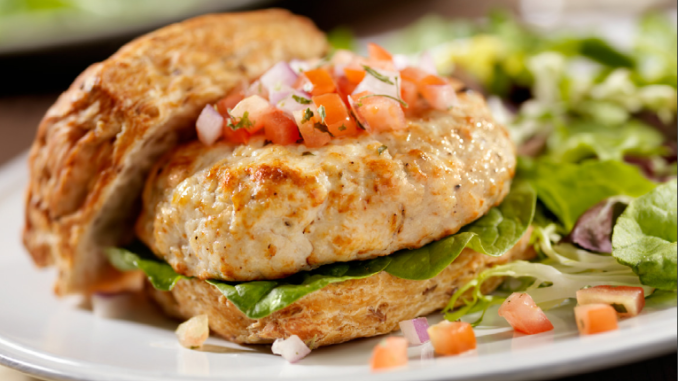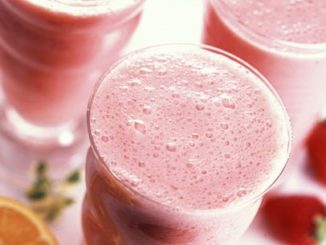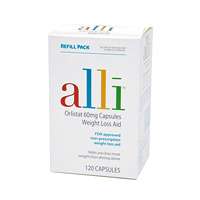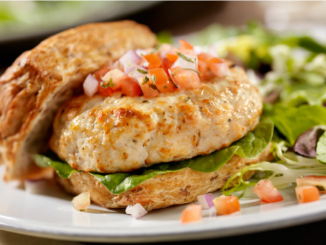
Maintaining a balanced diet requires consuming a vast variety of beverages and foods from all of the basic food groups. Certain things must be consumed in moderation, especially alcohol, cholesterol, refined sugar, salt, saturated fat and trans fat.
The primary goal for maintaining a balanced diet is to get the nutrients that you need at the levels recommended for optimal health.
There are two major resources for information on a balanced diet; they are:
- USDA Food Guide
- Dietary Approaches to Stop Hypertension
Both of these sites provide examples of eating patterns for a balanced diet with an emphasis on whole grains, vegetables and fruits. They also include lean animal proteins and low- or non-fat dairy products as well. Seeds, beans and nuts are recommended in moderate servings and fish is encouraged at least twice a week to ensure a balanced diet. The fats of choice are the unsaturated fats, such as olive oil.
A Typical Balanced Diet
A balanced diet must be based on personal calorie level and portion size. The idea of eating a balanced diet is to get the majority of the necessary nutrients from the foods that have a high nutrient density.
Foods that are dense in nutrients provide the body with significant amounts of vitamins and minerals without the high calories. Nutrient dense foods include lean meat and fish, beans, whole grains, vegetables and fruits.
Typically, a balanced diet may consist of the following daily requirements:
- 3 servings of fruit
- 2 servings of legumes
- 3 servings of vegetables
- 2 mg or vitamin B12
- 8 – 10 servings of water
- 3 – 5 servings of whole grains
A balanced diet is moderate in proteins and carbohydrates, and low in fat. In addition to fat, carbohydrates, proteins, minerals and vitamins must also be an integral part of a balanced diet. These foods must be eaten in the proper proportions and quantities in order to maintain good health.
Recommended Daily Intake of Calories for Males and Females:
Essentially, calorie needs for a balanced diet can be calculated accurately by focusing on the two main components of physical exercise and Basal Metabolic Rate, or BMR.
The BMR is the minimum amount of calories that your body needs while it is at rest. These calories are the ones that you need to maintain your normal bodily functions, such as body temperature, respiration and heartbeat.
The BMR typically makes up sixty to seventy percent of the daily calorie requirements for a balanced diet. Basal Metabolic Rate generally peaks at age twenty, and then decreases gradually by about two percent every ten years. The decrease is due mostly to subsequent muscle loss and inactivity.
How To Calculate Your Daily Calorie Intake
When you are determining your personal requirement for calorie intake, you must consider your level of activity. Obviously, if you have a job that requires a lot of physical labour and you hit the gym every weekend, you will require more calories than someone who sits at a desk all day.
For men with a low activity level, in order to maintain a desirable weight, you need to consume around 2,500 calories each day. For women with a low level of activity, to maintain your desired weight, you only need around 2,000 calories per day. Children between the ages of 5 and 10 only require about 1,800 calories each day.
Recommended daily calorie intake varies according to age, gender, genes, overall health, height, fat to muscle ratio, physical exercise and total body weight. Sports professionals and nutritionists have developed a formula to calculate your personal requirement for calorie intake:
- Male formula:
66 + (13.7 x weight in kg) + (5.0 x height in cm) – (6.8 x age in yrs) - Female formula:
655 + (9.6 x weight in kg) + (1.8 x height in cm) – (4.7 x age in yrs)
A balanced diet will improve overall health and keep energy levels high, so start eating right today.




Be the first to comment